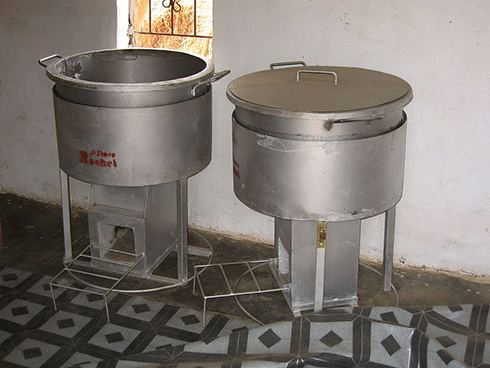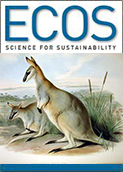
|
Published: 3 June 2014
Cutting emissions: even modest technologies reap big rewards
Finance directed into properly designed projects that reduce greenhouse gas emissions represents an impact investment far greater than previously understood, according to a new report.

|
|
A fuel-efficient stove that also provides better health outcomes for local communities. Credit: Wikimedia Commons under CC-BY-2.0
|
The report’s publisher, the Gold Standard Foundation, claims that robust climate mitigation projects can produce ‘positive environmental, social, and economic outcomes.’
Economists captured and monetised the environmental and socio-economic net benefits of 109 of Gold Standard’s wind, cook-stove, water filter, bio-digester, and afforestation and reforestation projects.
They found that these projects delivered beyond their carbon-reduction value by improving human health and the economy. The projects also improved surrounding ecosystems resulting in better water quality, improvements to livelihoods and the food and economic security of communities, regions or countries.
‘Monetising project results is not just about the numbers,’ says The Gold Standard CEO Adrian Rimmer.
‘By being able to value critical outcomes, like improvements in health and employment, carbon credit buyers, funders and policy makers can better understand the big picture of what carbon finance can do when it’s implemented through the rigorous framework and auditing requirements of The Gold Standard.’
The cookstove projects assessed deliver US$84 million in health benefits per year, or almost US$630 million over the lifetime of a project.
Households also saved an estimated US$143 million annually on coal or firewood purchases or equivalent collection time, which adds up to US$1 billion in livelihood benefits during the project period.
This is in addition to US$4 million of yearly employment benefits, which have been conservatively calculated without taking into account any economic flow-on impacts.
The report’s authors say the assessment is conservative, calculating value for only those benefits that are monitored, reported and verified within project documentation.
Source: The Gold Standard



